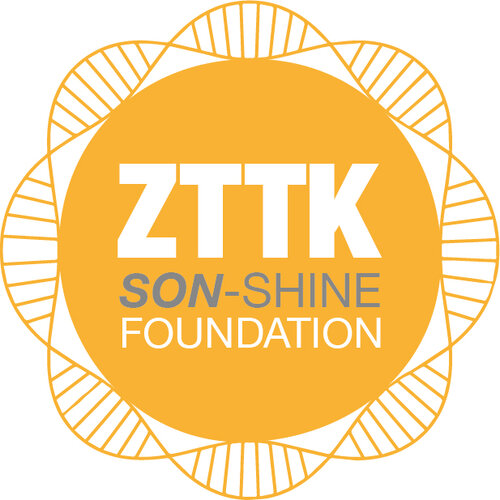Key Publications
Most complete dataset of how ZTTK presents across 52 patients
Dingemans et. al.: Establishing the phenotypic spectrum of ZTTK syndrome by analysis of 52 individuals with variants in SON
Note: It is possible we will find more mild ZTTK phenotypes going forward, since access to whole exome/genome sequencing is still gaining traction
ZTTK discovery
ZTTK is named after 4 individuals who all published papers contributing to the discovery contemporaneously.
Zhu et. al.: Whole-exome sequencing in undiagnosed genetic diseases: interpreting 119 trios
Tokita et. al.: De Novo Truncating Variants in SON Cause Intellectual Disability, Congenital Malformations, and Failure to Thrive
Dr. Ahn led this one! Jung-Hyun Kim was a postdoctoral researcher in Dr. Ahn’s lab at the time.
Select clinically/scientifically interesting papers:
Would be interesting to explore ZTTK syndrome in relation to other ciliopathies
Halliday et.al.: Distinctive Brain Malformations in Zhu-Tokita-Takenouchi-Kim Syndrome
Would be interesting to expand the dataset of ZTTK MRIs reviewed concurrently
Vukadin et. al.: A mouse model of Zhu-Tokita-Takenouchi-Kim syndrome reveals indispensable SON functions in organ development and hematopoiesis
It will be interesting to learn what more we can find out about human ZTTK from ZTTK in mice
If you have ideas for potential scientific collaborations, please email both Dr. Erin Ahn and Nathan Guo at eyahn@uabmc.edu

